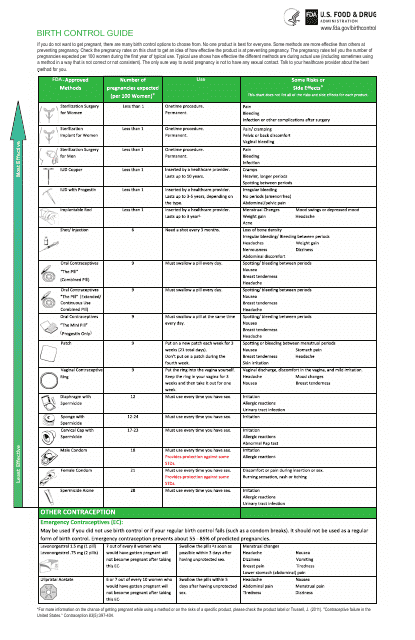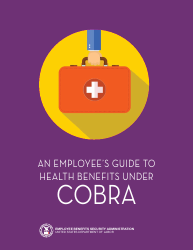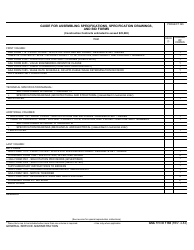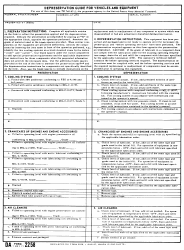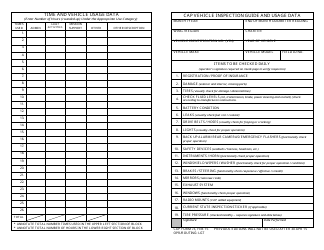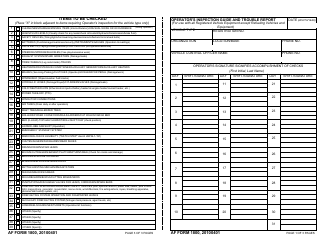Birth Control Guide
Birth Control Guide is a 1-page legal document that was released by the U.S. Department of Health and Human Services - U.S. Food and Drug Administration and used nation-wide.
FAQ
Q: What is birth control?
A: Birth control is a method or device used to prevent pregnancy.
Q: What are the different types of birth control?
A: There are several types of birth control, including condoms, birth control pills, intrauterine devices (IUDs), injections, patches, and implants.
Q: How effective is birth control?
A: The effectiveness of birth control methods varies. Some methods, like condoms, have a higher risk of failure than others, like IUDs or implants.
Q: Do I need a prescription for birth control?
A: Some types of birth control, like birth control pills, require a prescription from a healthcare provider. Others, like condoms, are available over-the-counter.
Q: Are there any side effects of using birth control?
A: Some methods of birth control may have side effects, such as hormonal changes, weight gain, or irregular menstrual periods. It is important to talk to a healthcare provider about the potential side effects.
Q: Can birth control protect against sexually transmitted infections (STIs)?
A: While some methods, like condoms, can help reduce the risk of STIs, they do not provide 100% protection. It is recommended to use condoms along with other forms of birth control for better protection against STIs.
Q: Is birth control covered by insurance?
A: Under the Affordable Care Act, most health insurance plans are required to cover the cost of birth control. However, coverage may vary depending on the specific plan.
Q: What should I do if I miss a birth control pill?
A: If you miss a birth control pill, refer to the instructions provided with your medication. In general, it is recommended to take the missed pill as soon as you remember and use a backup method of contraception for the next seven days.
Q: Can birth control affect fertility?
A: Most forms of birth control do not have a long-term impact on fertility. However, it may take some time for fertility to return to normal after discontinuing certain methods, like hormonal contraception.
Form Details:
- The latest edition currently provided by the U.S. Department of Health and Human Services - U.S. Food and Drug Administration;
- Ready to use and print;
- Easy to customize;
- Compatible with most PDF-viewing applications;
- Fill out the form in our online filing application.
Download a printable version of the form by clicking the link below or browse more legal forms and templates provided by the issuing department.
